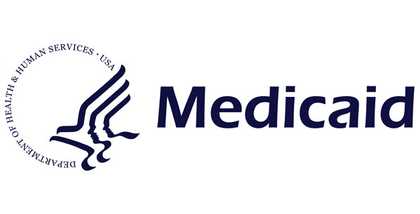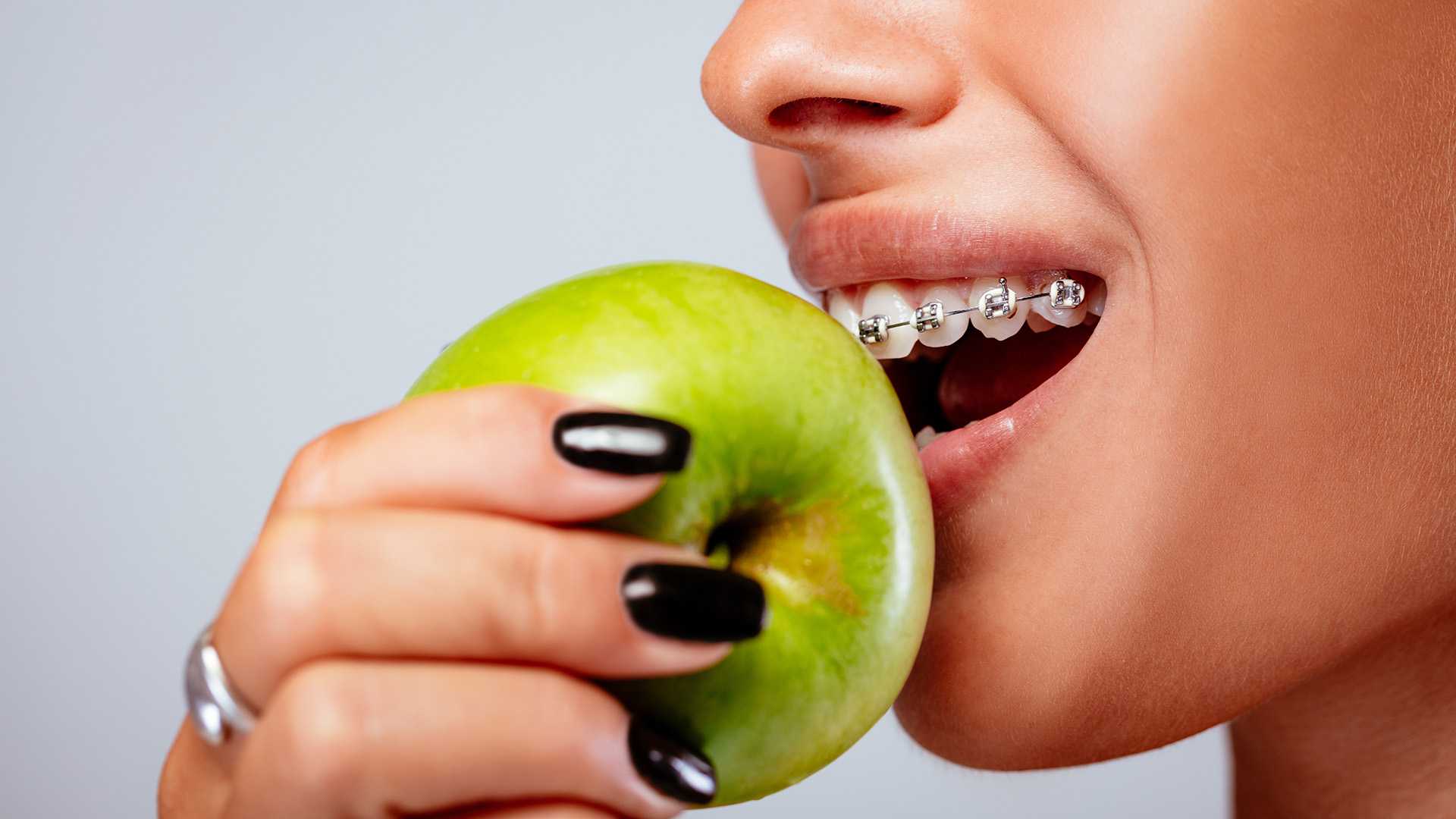Getting braces is an exciting step toward achieving a healthier, straighter smile. However, it also requires some dietary adjustments to ensure your treatment progresses smoothly and comfortably.






Save $250 off braces or Invisalign!*
Schedule your appointment online.
Getting braces is an exciting step toward achieving a healthier, straighter smile. However, it also requires some dietary adjustments to ensure your treatment progresses smoothly and comfortably. Certain foods can damage your braces or hinder your progress, making it crucial to understand what you should avoid. In this article, we’ll explore the types of foods that can pose risks, from hard and sticky items to those that require biting into. By following these guidelines, you can protect your orthodontic investment while enjoying a variety of safe and delicious options. Let’s dive into the specifics of what can’t you eat with braces, including what not to eat with braces the first week!
Understanding the Need for Dietary Changes
Braces are a critical component of orthodontic treatment, designed to align teeth and correct bite issues. They work by applying continuous pressure to the teeth over time, gradually moving them into the desired position. However, this process can make certain foods difficult to consume. Hard, chewy, or sticky foods can damage the brackets and wires, leading to delays in treatment and necessitating additional visits to the orthodontist.
Following dietary guidelines is essential for the success of your orthodontic treatment. Adhering to recommended food choices not only helps protect your braces but also contributes to a smoother, quicker path to achieving your desired smile. Foods that are soft and easy to chew, such as yogurt, mashed potatoes, and smoothies, can help avoid unnecessary complications while still providing essential nutrients. Particularly important is knowing what not to eat with braces the first week, as your mouth adjusts to the new appliances.
Ignoring dietary restrictions can have significant consequences. Biting into hard foods can lead to broken brackets, which may extend your treatment time and increase costs. Furthermore, sticky foods can get lodged in the braces, making oral hygiene more challenging and potentially leading to cavities or gum disease. Therefore, understanding what can’t you eat with braces is crucial for ensuring that your journey with braces is as efficient and successful as possible.
Hard Foods to Avoid
When you have braces, it’s essential to be mindful of the foods you consume to avoid damaging your orthodontic appliances. Certain hard foods can pose significant risks to your braces, leading to broken brackets and wires, which can delay your treatment progress.
Some common hard foods to steer clear of include:
- Nuts: These can be quite hard and may break your braces if bitten into.
- Hard candies: Sucking on them is fine, but biting can lead to damage.
- Raw vegetables: While healthy, items like carrots and celery should be cut into smaller, manageable pieces.
To enjoy hard foods safely, consider these tips:
- Always cut hard vegetables into bite-sized pieces. This will make them easier to chew and less likely to harm your braces.
- If you’re craving nuts, try opting for nut butters instead, which provide the same flavor and nutrition without the risk.
- When it comes to hard candies, choose softer alternatives or enjoy them in moderation without biting down.
Being cautious about what you eat with braces will help ensure your journey to a straighter smile is as smooth as possible. Remember, maintaining good oral hygiene and following your orthodontist’s advice will contribute to your overall success during treatment.
Sticky and Sugary Foods to Avoid
When you have braces, it’s essential to be mindful of the foods you consume to avoid damaging your orthodontic appliances and compromising your oral hygiene. Sticky foods, in particular, can pose a significant risk. Common sticky foods include caramel, gummy candies, taffy, and certain types of granola bars. These snacks can easily cling to your braces, making them difficult to clean and potentially leading to plaque buildup and cavities.
In addition to their stickiness, sugary foods can exacerbate these issues. Sugar feeds the harmful bacteria in your mouth, increasing the risk of tooth decay and gum disease. When sugar gets trapped around your braces, it creates an ideal environment for bacteria to thrive, which can lead to painful dental problems. Therefore, it’s crucial to limit your intake of sugary snacks and beverages while wearing braces.
Fortunately, there are many braces-friendly alternatives that can satisfy your sweet tooth without compromising your orthodontic treatment. Consider enjoying soft fruits like bananas or applesauce, yogurt, or smoothies without added sugars. You can also indulge in dark chocolate, which can be a delicious treat that is less likely to damage your braces. By choosing these alternatives, you can maintain your oral health while still enjoying a variety of flavors and understanding what can’t you eat with braces.
Foods That Require Biting Into
Certain foods that require biting into can pose challenges when you have braces, potentially causing discomfort or even damaging your orthodontic appliances. Foods such as apples, raw carrots, corn on the cob, and hard crusty bread can be particularly problematic. Biting into these items can put excessive pressure on brackets and wires, leading to potential breakage or discomfort.
To enjoy your meals without the risk of damaging your braces, it’s essential to adopt best practices for preparing your food. One effective method is to cut larger items into smaller, bite-sized pieces. For instance, instead of biting directly into an apple, try slicing it into wedges. Similarly, you can cut raw vegetables into smaller sticks or even cook them lightly to soften their texture.
If you’re looking for alternatives that are easier on your braces, consider options like smoothies, mashed potatoes, or soft-cooked vegetables. These foods are not only gentle on your braces but also provide a variety of nutrients to keep you healthy during your orthodontic treatment. By being mindful of your food choices and preparation methods, you can enjoy a delicious diet while safeguarding your braces. Knowing what not to eat with braces the first week can be particularly helpful as you adapt to your new eating habits.





